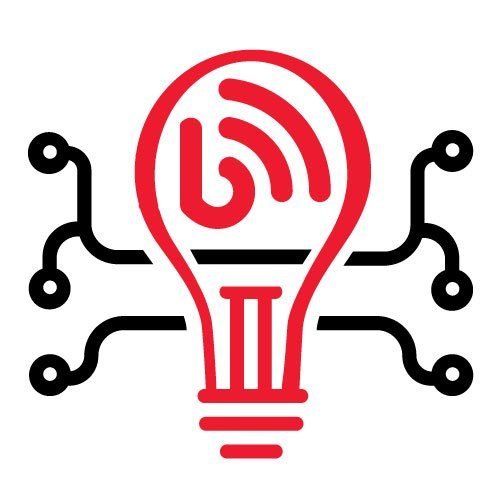BMW Group continues to set new standards in sustainable innovation by pioneering recycling practices within 3D printing technology. This forward-thinking approach transforms waste materials into valuable components, reinforcing the company’s commitment to an advanced circular economy. By turning old or discarded materials into new, functional parts, BMW is showcasing how manufacturing can evolve to be more environmentally responsible and resource-efficient.
A central element of BMW’s initiative involves repurposing waste powders generated during 3D printing processes. Instead of disposing of these residues, BMW recycles them into filament and granules that can be reused in manufacturing. The recycled powder is transformed into filament wound onto spools, which can then be used with Fused Filament Fabrication (FFF) technology to produce new parts. Simultaneously, the company employs recycled granules in Fused Granulate Fabrication (FGF) to create large-scale tools and components. This innovative recycling process is implemented at BMW’s Additive Manufacturing Campus in Oberschleißheim and across various facilities worldwide.
Leading this project is Paul Victor Osswald, head of Predevelopment Non-Metals, who has been involved since the project’s inception in 2018. Osswald highlights the significance of this work: “From initial ideas and startup trials to large-scale production of durable, recycled components, the journey has been remarkable. Using waste powders and discarded 3D printed parts is a key step toward a truly circular and efficient manufacturing system. It’s exciting to continually develop and test new processes that reduce waste and maximize resource use”.
BMW’s commitment to sustainable 3D printing began with the “bottleUP” project in 2018, which focused on recycling PET bottles into 3D printing filament. Just a year after launching “bottleUP,” BMW started using industrial waste to produce recycled filament on a pilot basis. By 2021, the company successfully printed support structures and auxiliary devices with this filament, integrating the process into its global production network.
Annually, BMW recycles up to 12 tons of residual powders, converting them into filament and granules for auxiliary equipment and parts. This not only reduces raw material costs but also enhances process efficiency and product quality. The approach also improves working conditions for employees by streamlining workflows and reducing waste handling, demonstrating how sustainability can align with operational excellence.

